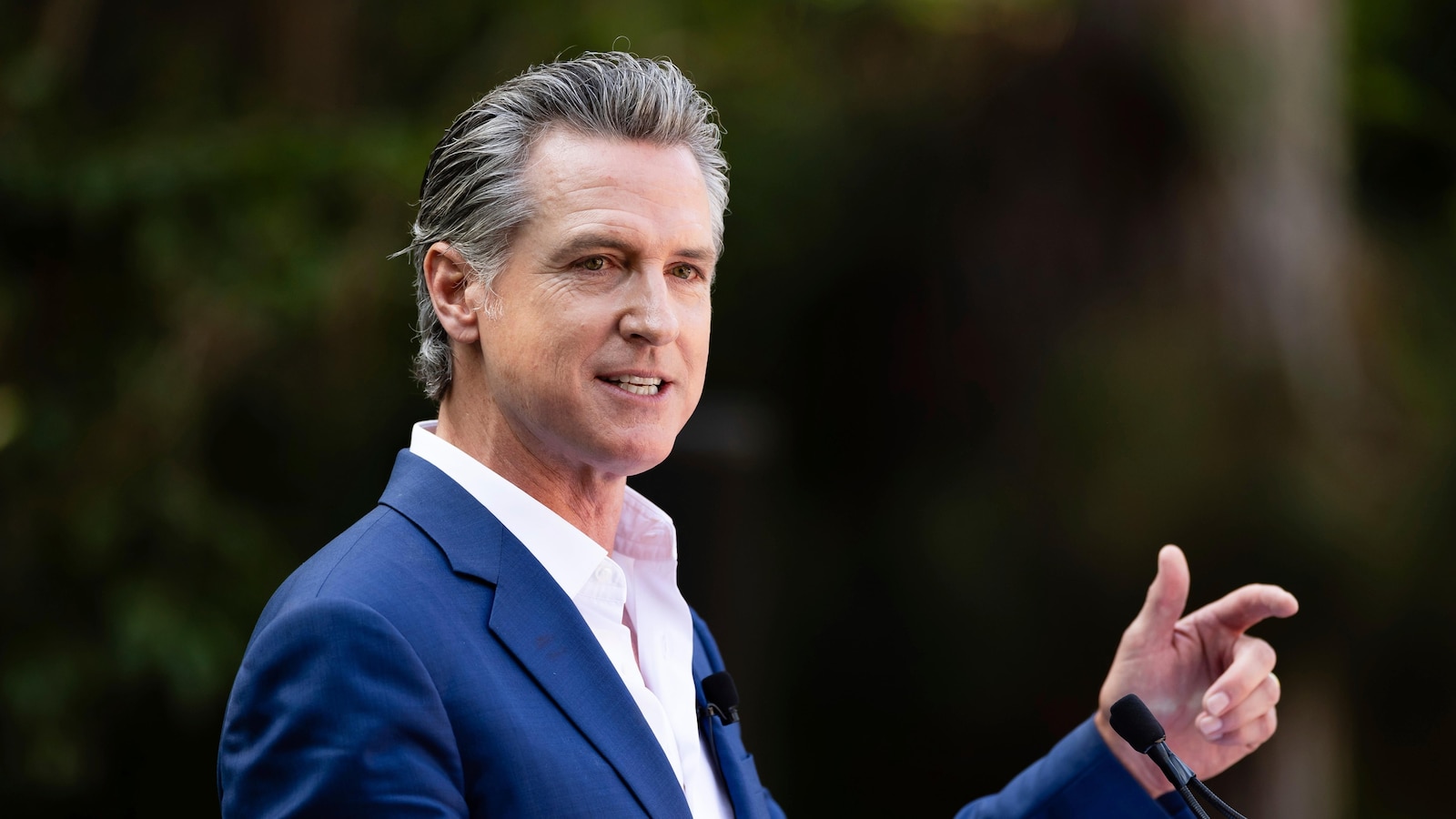
SACRAMENTO, California — California will make it illegal for social media platforms to knowingly provide addictive feeds to children without parental consent starting in 2027, under a new law signed by Democratic Gov. Gavin Newsom on Friday.
California follows New York state, which passed a law earlier this year allowing parents to block their children of getting social media posts suggested by a platform’s algorithm. Utah has passed laws in recent years aimed at limiting children’s access to social media, but they’ve faced challenges in court.
The California law takes effect in a state that is home to some of the world’s largest technology companies. Similar proposals have failed to pass in recent years, but Newsom signed a first-in-the-nation law By 2022, ban online platforms from using users’ personal information in ways that could harm children. It’s part of a growing movement in states across the country to address the impact of social media on children’s well-being.
“Every parent knows the harm social media addiction can inflict on their children: isolation from human contact, stress and anxiety, and endless hours wasted late into the night,” Newsom said in a statement. “With this law, California is helping protect children and teens from the deliberately designed features that fuel these destructive habits.”
The law prohibits platforms from sending notifications to minors without parental consent between midnight and 6 a.m. and between 8 a.m. and 3 p.m. on weekdays from September through May, when children are typically in school. The legislation also ensures that platforms set children’s accounts to private by default.
Opponents of the legislation say it could inadvertently prevent adults from accessing content if they can’t verify their age. Some argue it would threaten online privacy by allowing platforms to collect more information about users.
The law defines an “addictive feed” as a website or app “in which multiple pieces of user-generated or shared media, simultaneously or sequentially, are recommended, selected, or prioritized for display to a user based, in whole or in part, on information provided by the user or otherwise associated with the user or the user’s device,” with some exceptions.
The issue gained renewed attention in June when U.S. Surgeon General Vivek Murthy called on Congress to require warning labels on social media platforms and their impact on young people. Attorneys general in 42 states supported the plan in a letter sent to Congress last week.
Sen. Nancy Skinner, a Democrat who represents Berkeley and authored the California law, said after lawmakers passed the bill last month that “social media companies have designed their platforms to addict users, especially our children.”
“With the passage of SB 976, the California Legislature has sent a clear message: If social media companies do not act, it is our responsibility to protect our children,” she said in a statement.
___
Associated Press editor Tran Nguyen contributed to this report.
___
Austin is a corps member for The Associated Press/Report for America Statehouse News Initiative. Report for America is a nonprofit national service program that places journalists in local newsrooms to report on under-covered issues. Follow Austin on X: @sophieadanna
